As convenient as it seems, AI is soulless and destructive to the arts and to our minds, argues El, 17, from Huddersfield New College.
Though it might seem like something of a saviour for stressful students – the wider implications of the use of AI in art, culture and media more generally are irreversibly damaging.
When you construct an essay using AI, there is a chance that you are doing so by employing a great level of thought. There is a possibility too that you are looking at the phrasing, correcting the sentences that do not seem quite right and exploring new vocabulary.
But if you have ever used AI for any project or assignment, tell me – is that what you are really doing?
Or are you using AI as little more than a new version of copy and pasting opportunities offered by Wikipedia’? It is certainly quicker, less-effort and more seamless than choppy sentence-picking from different sources.
The downsides of AI, however, go far beyond the possibility that you might get caught by your teacher. The shortcuts it provides in terms of working time and effort bypass an important part of the writing process: the thinking part.
Our brains are so complex and unique, and designed for so much more than mere moving and breathing. They are also tools for thinking, feeling, reflecting and learning.
When you embrace the shortcuts and reject that learning curve, your neuroplasticity – that is your brain’s ability to absorb and process information, and to evolve to manage new challenges – is nullified. It is, in a sense, cancelled out through lack of engagement or practice, making further learning more difficult. Putting it bluntly: using AI makes us “dumber”.
Even the most advanced generative AI cannot create new material really. Rather it “learns” from processing existing material, from taking the work of other people and turning it into something usable. In a lot of cases, the AI processors are committing acts of intellectual property theft.
The American magazine The Atlantic has been investigating the countless numbers of books that Meta have been processing for training its AI, some in contravention of copyright protections.
Imagine someone copies your homework and rewords it slightly, except this homework is tens if not hundreds of thousands of words and the product of many hours and your effort. Maybe, if you are exceptionally lucky, you will get credited as a source. Unfair, right?
Though exceptions and excuses can be made for the use of generative text AI writing a few lines for you here and there, what seems totally unforgiveable to me is using AI to create “art”. Even the Google definition of art uses the keywords – “human”, “imagination”, “human creativity”, to produce something that resonates with other humans.
AI art might be fun to experiment with but, in my opinion, it should not take away opportunities from already struggling creative individuals. It may be easier to ask a chatbot to generate an image, but there will be someone out there who is desperate to create, who is willing to invest their passion into a project.
So, should we stop all of this before it goes too far? Absolutely.
But is it too late to reverse the damage…?
Interested in submitting your own Student Voices article or video? Find out more here.
Cite
While every effort has been made to follow citation style rules, there may be some discrepancies. Please refer to the appropriate style manual or other sources if you have any questions.

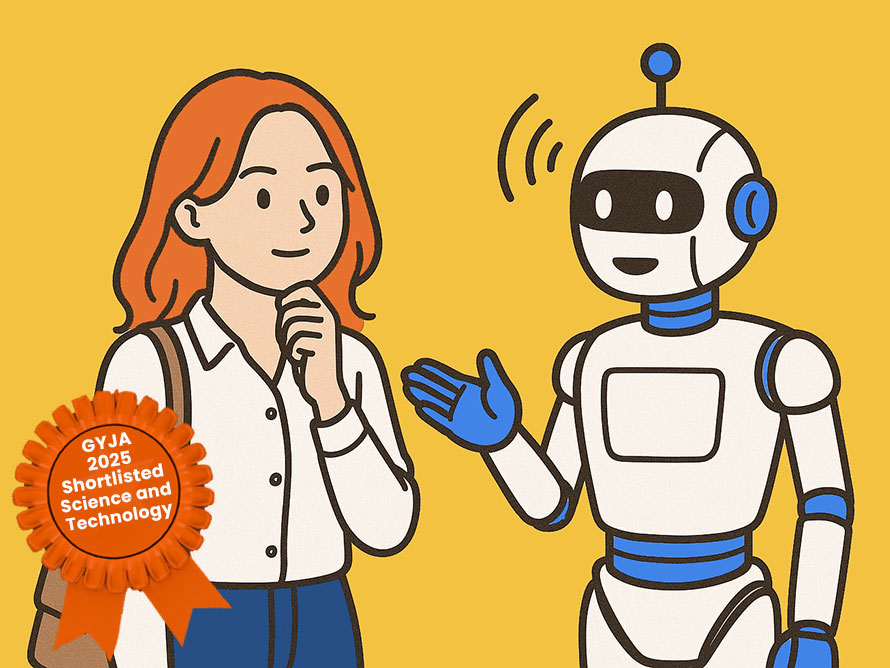


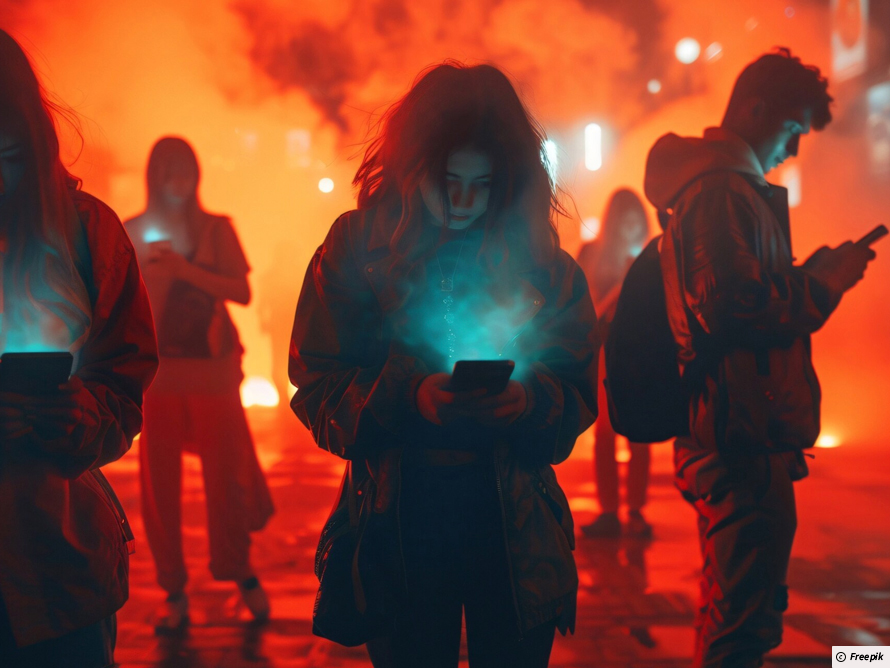
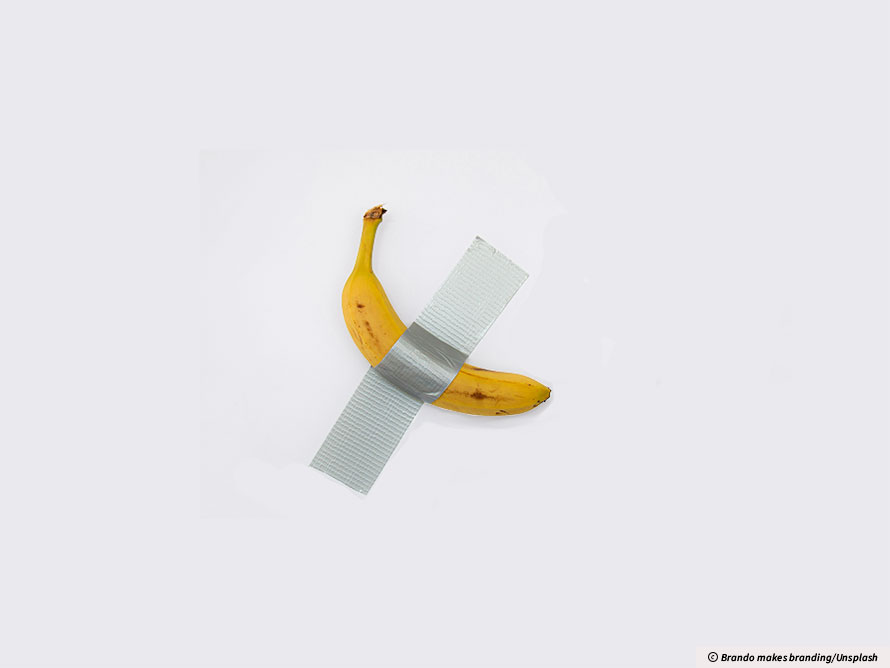

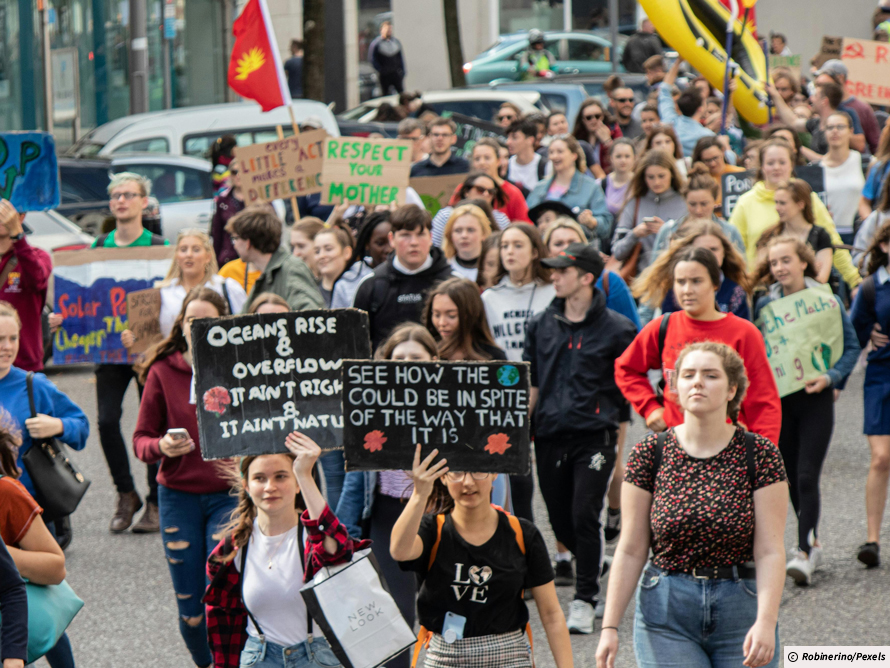
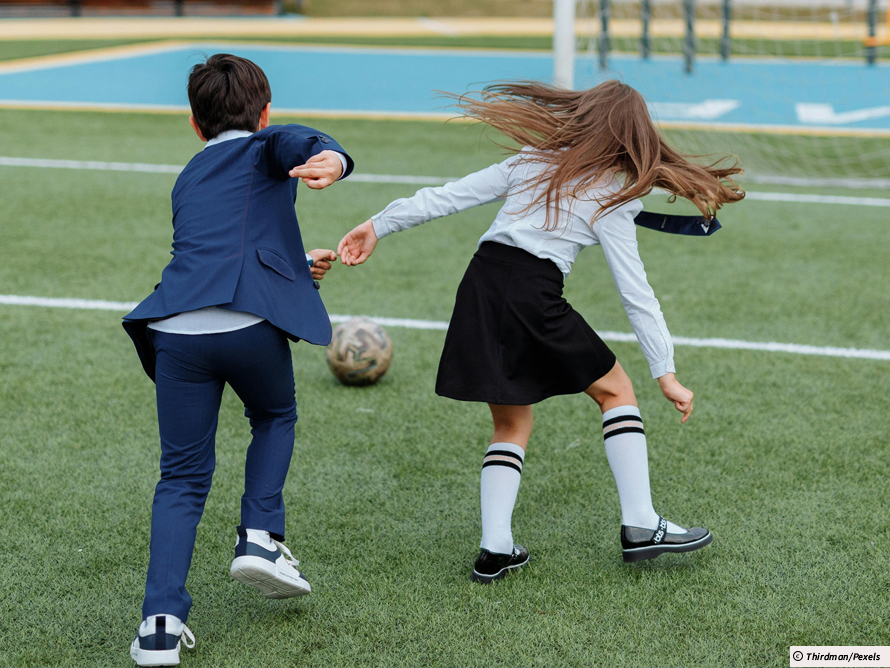





Darcy - Huddersfield new college
Yes